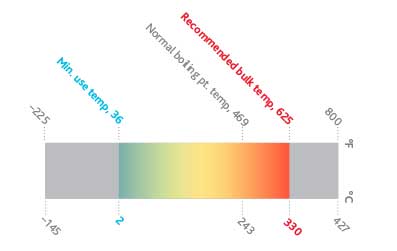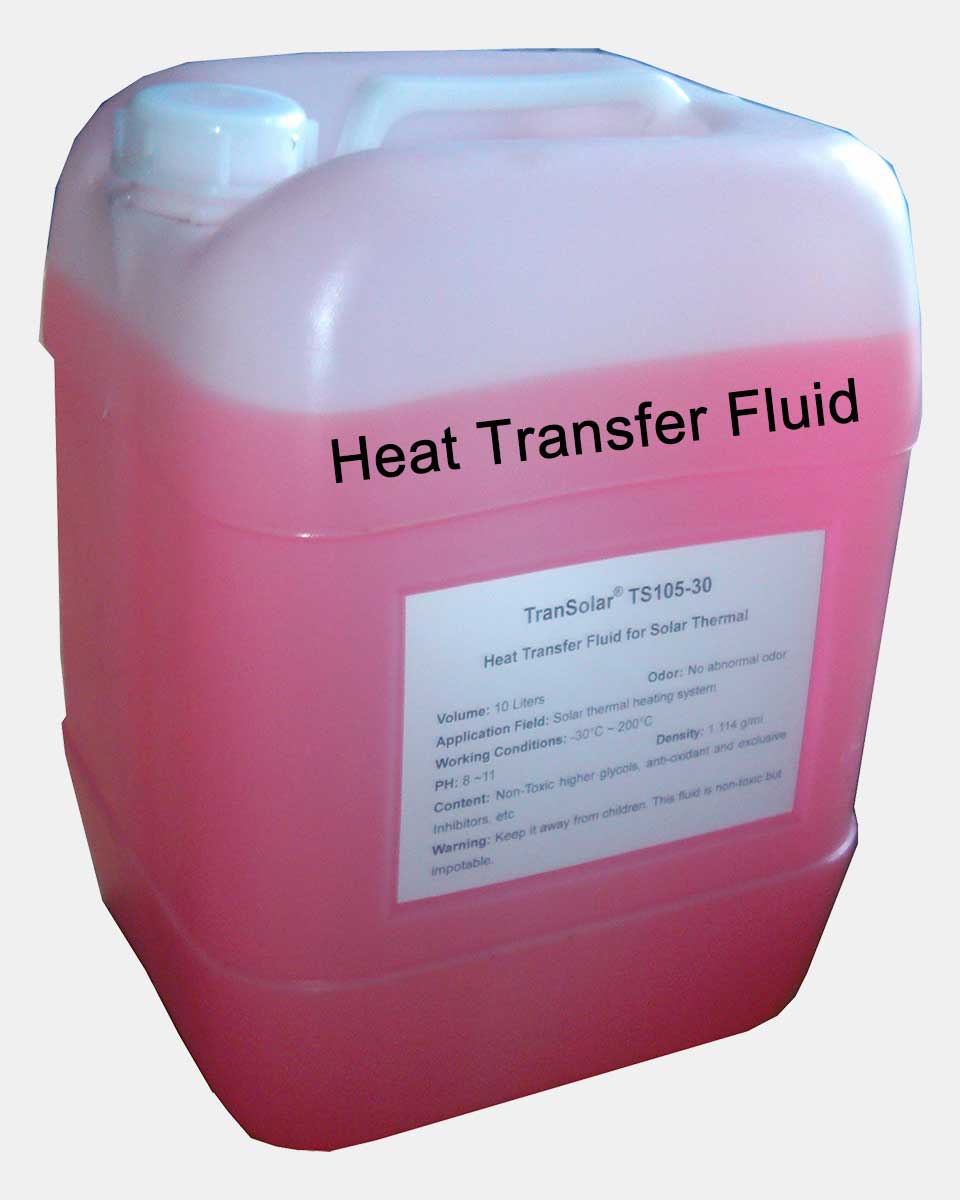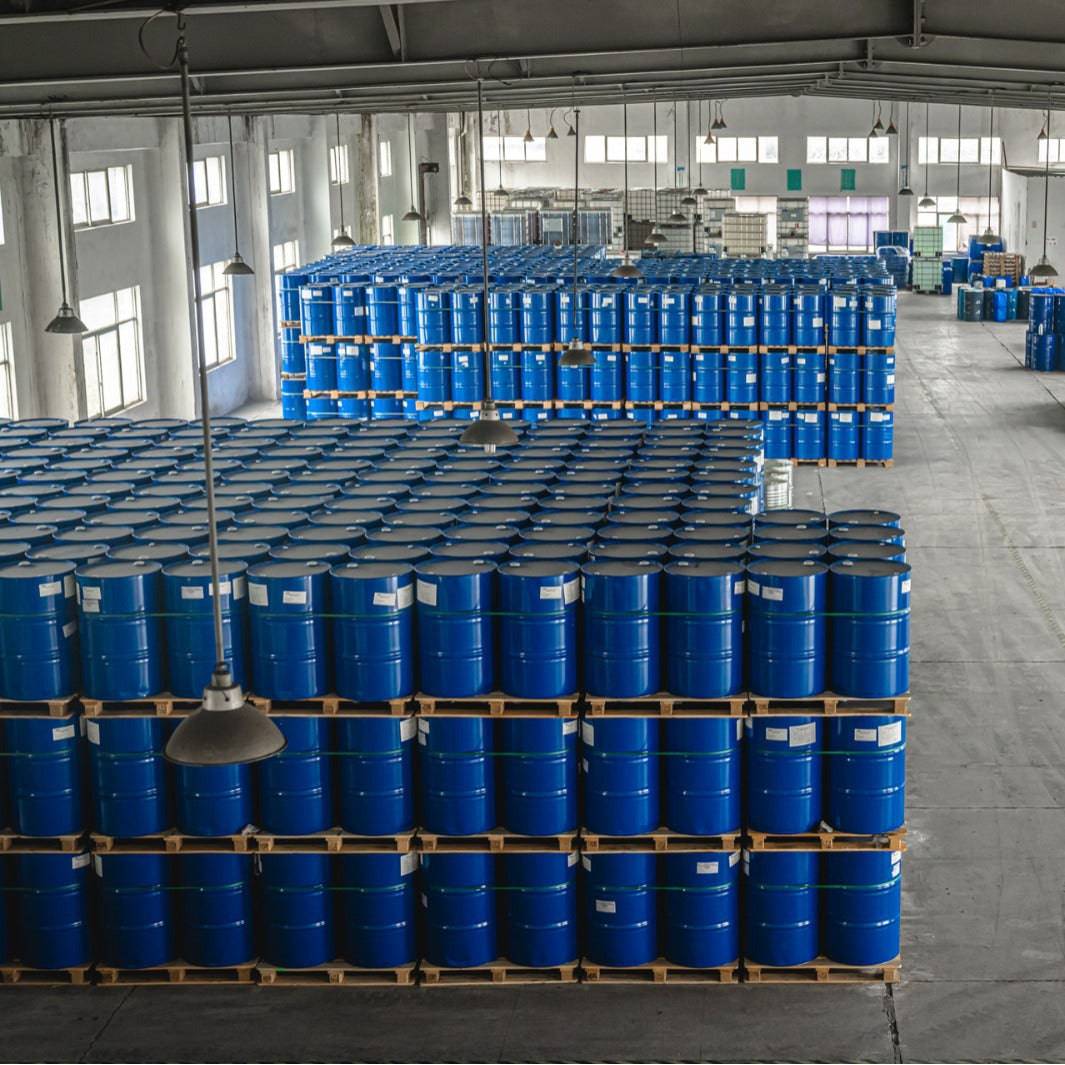Why Warmth Transfer Fluid Is Necessary for Optimizing Energy Transfer in Systems
The duty of warmth transfer liquids in optimizing energy transfer is essential for accomplishing reliable thermal management across different commercial markets. These liquids assist in seamless warm exchange, ensuring processes operate within optimal temperature arrays and minimizing the threat of overheating.

Duty in Thermal Management
Warm transfer liquids play a critical function in thermal management by effectively managing temperatures in various industrial procedures and systems. These specialized liquids promote the transfer of warmth in between different components, ensuring optimum operating problems and avoiding overheating. By maintaining accurate temperature level control, warmth transfer fluids enable sectors such as chemical production, oil and gas, and power generation to operate securely and effectively.
The option of an ideal warm transfer fluid relies on a number of factors, consisting of thermal stability, heat ability, and viscosity. High thermal security makes sure that the fluid can hold up against severe temperatures without weakening, while a high warm ability enables it to absorb and launch substantial quantities of heat - heat transfer fluid. Reduced viscosity lowers the energy needed for pumping, contributing to total system efficiency
In addition, heat transfer liquids are essential in applications like refrigeration, where they aid absorb and dissipate warmth during the cooling cycle. In solar thermal energy systems, these liquids capture and transport solar heat to produce electrical power or supply warm water. Their flexibility to diverse operating conditions and capacity to maintain constant thermal efficiency underscore their value in industrial thermal administration, promoting operational connection and enhancing security measures.

Enhancing System Efficiency
To optimize the advantages of thermal management, enhancing system efficiency with the critical usage of warmth transfer liquids is paramount. By keeping optimal temperature level degrees, warmth transfer fluids help make sure that systems operate within their made specifications, thereby protecting against getting too hot and minimizing the danger of component failing.
Sorts Of Heat Transfer Fluids
The diversity of heat transfer liquids emphasizes their essential function in a variety of commercial applications, each tailored to fulfill details thermal administration requirements. These liquids promote effective power transfer and are selected based upon vital residential properties such as thermal security, thickness, and warmth capacity. The key types include water, glycol options, oils, and synthetics, each offering unique benefits.
Water is one of the most typical warmth transfer tool due to its high certain heat capability and low price. Its use is restricted by its cold and steaming points. Glycol blends, typically utilized in HVAC systems, supply a reduced freezing factor, adding flexibility in different environments. Mineral oils are favored for their thermal security and non-corrosive nature, making them appropriate for high-temperature applications.

Synthetic click here for more info fluids, including silicone and fragrant compounds, supply extraordinary thermal security and are used in atmospheres requiring severe temperature varieties. These liquids make sure premium performance in systems where standard fluids might fail. The choice of a warmth transfer fluid is important, as it affects system effectiveness, safety and security, and longevity. Each type needs to be picked to line up with the operational needs and the details problems of the application Homepage it offers.
Environmental and Economic Benefits
Making use of the right warmth transfer liquids uses significant environmental and economic advantages for industrial operations. By selecting fluids with superior thermal security and high warmth capacity, markets can boost power efficiency, resulting in decreased gas consumption and lower greenhouse gas exhausts. This contributes to a smaller carbon impact and straightens with global sustainability objectives. Eco friendly warm transfer fluids, commonly naturally degradable and safe, lessen the danger of soil and water contamination in case of leaks or spills, thus safeguarding ecosystems and following rigid environmental laws.
Economically, the best heat transfer fluid can significantly reduce functional prices. Fluids with prolonged lifecycle performance decrease the regularity of substitutes and upkeep, decreasing downtime and associated costs. On the whole, the critical usage of ideal warm transfer fluids sustains lasting economic growth and ecological stewardship.
Picking the Right Fluid
Just how does one browse the complicated procedure of picking the appropriate warmth transfer liquid for commercial applications? Thermal security ensures the liquid can endure high temperatures without degrading, while compatibility protects against corrosion or various other destructive responses with system parts.
Furthermore, the fluid's warm capacity and thickness are paramount. A high heat capacity enables the fluid to absorb and transfer even more energy, improving efficiency.
Conclusion
The calculated option and application of warmth transfer liquids are essential to maximizing Web Site power transfer across different systems. By guaranteeing high thermal stability and capacity, these liquids supply specific temperature control and enhance general system effectiveness.